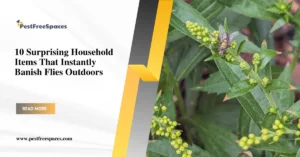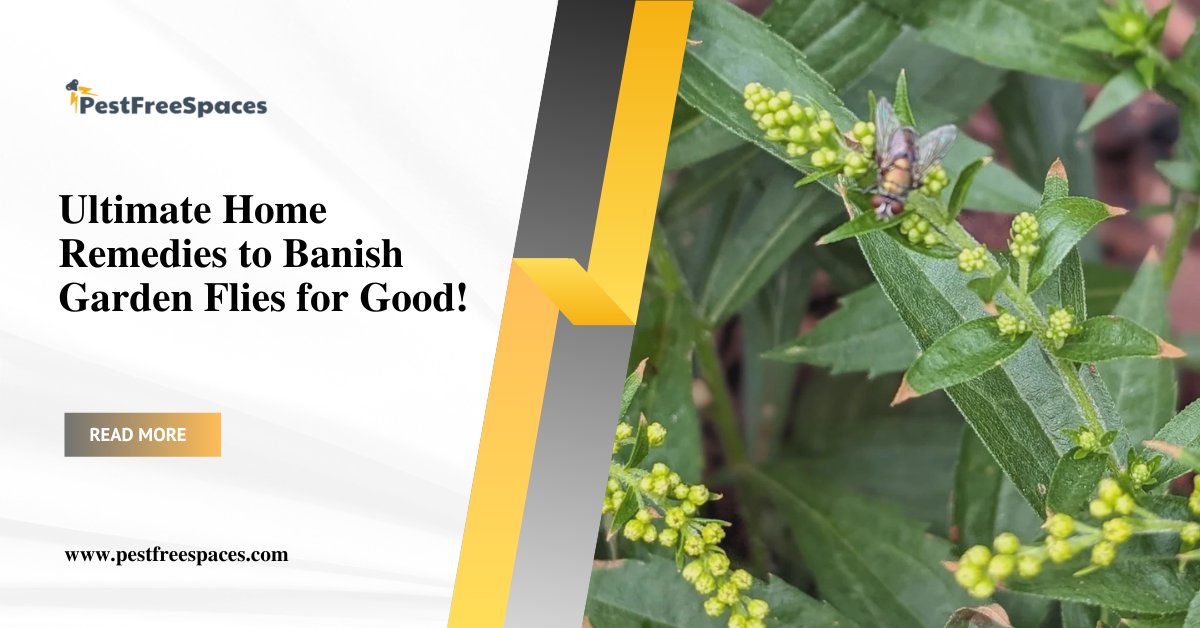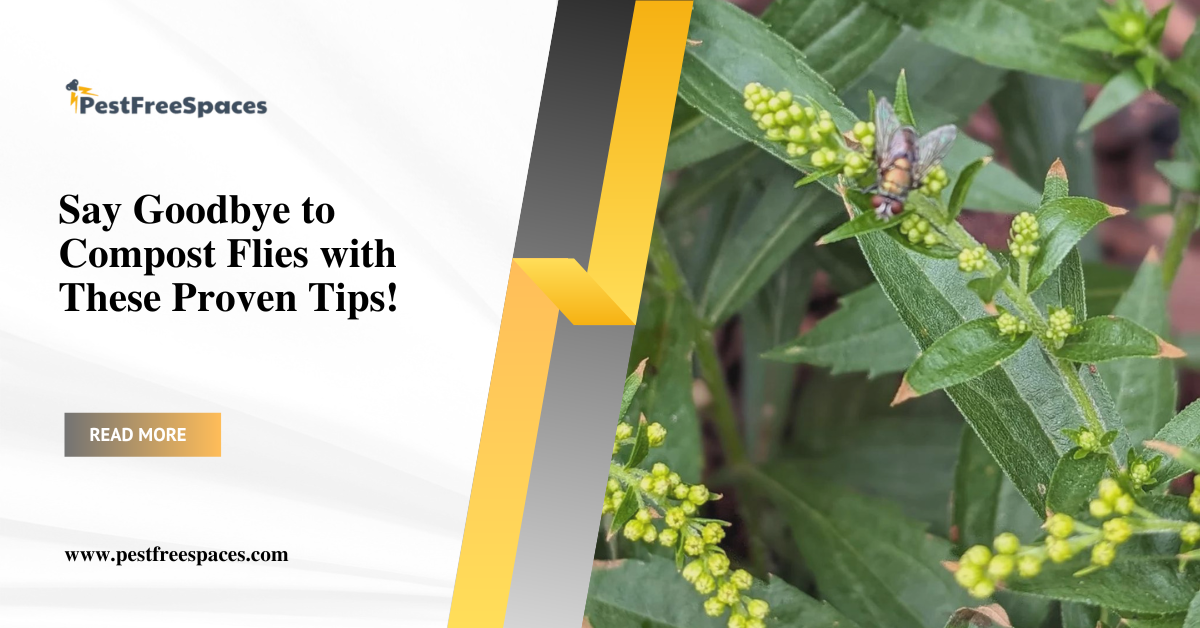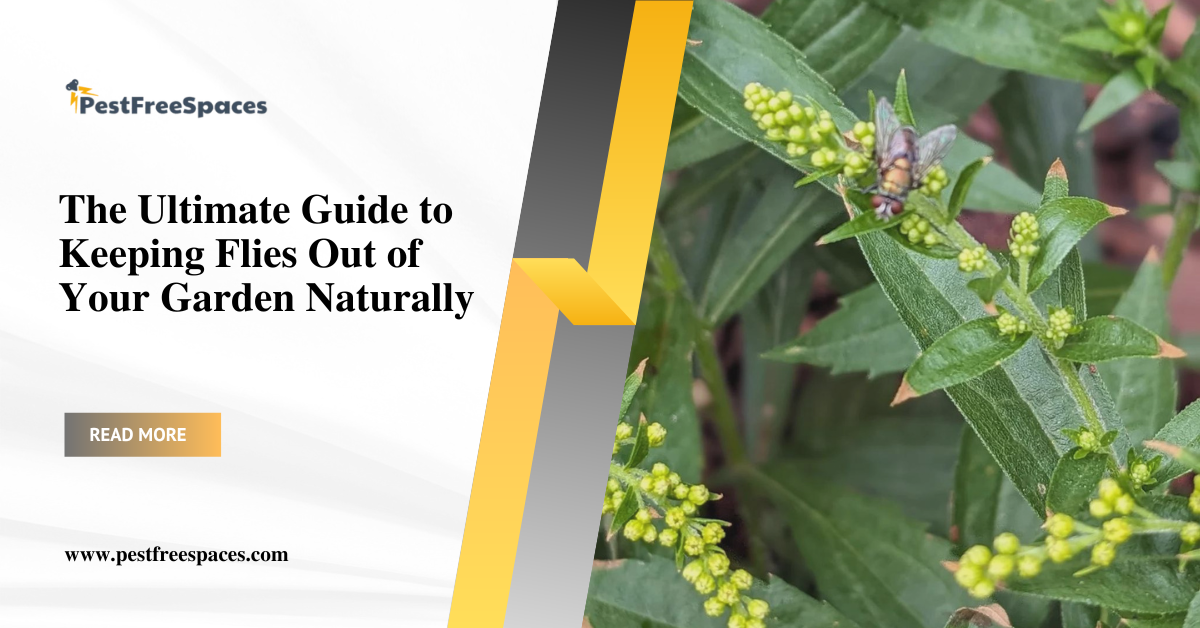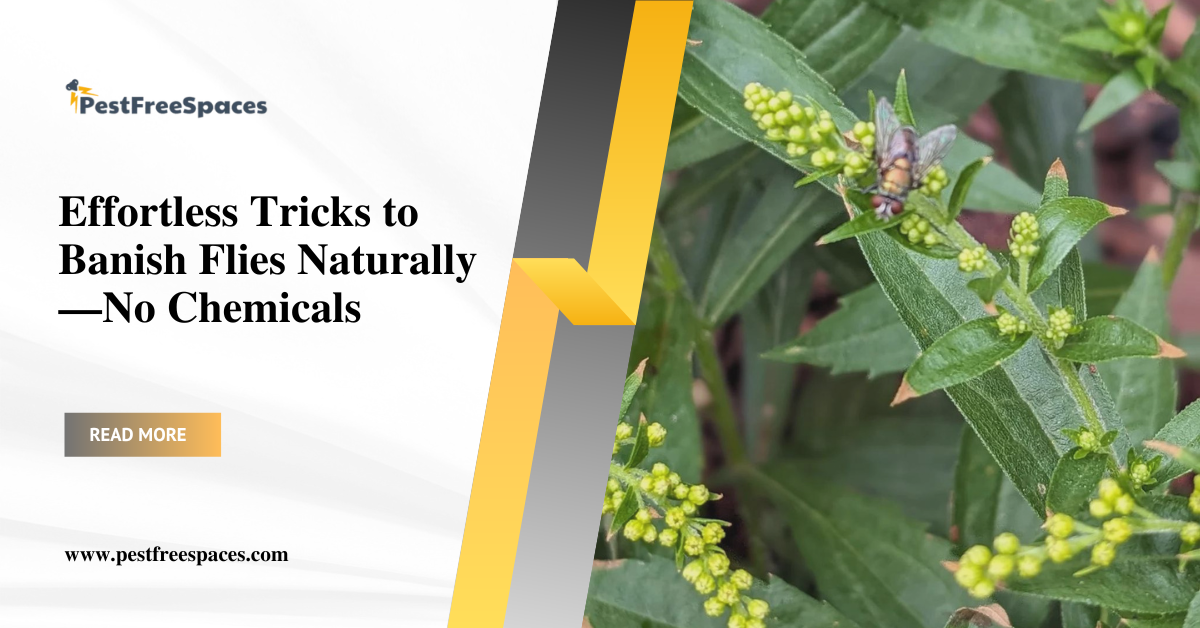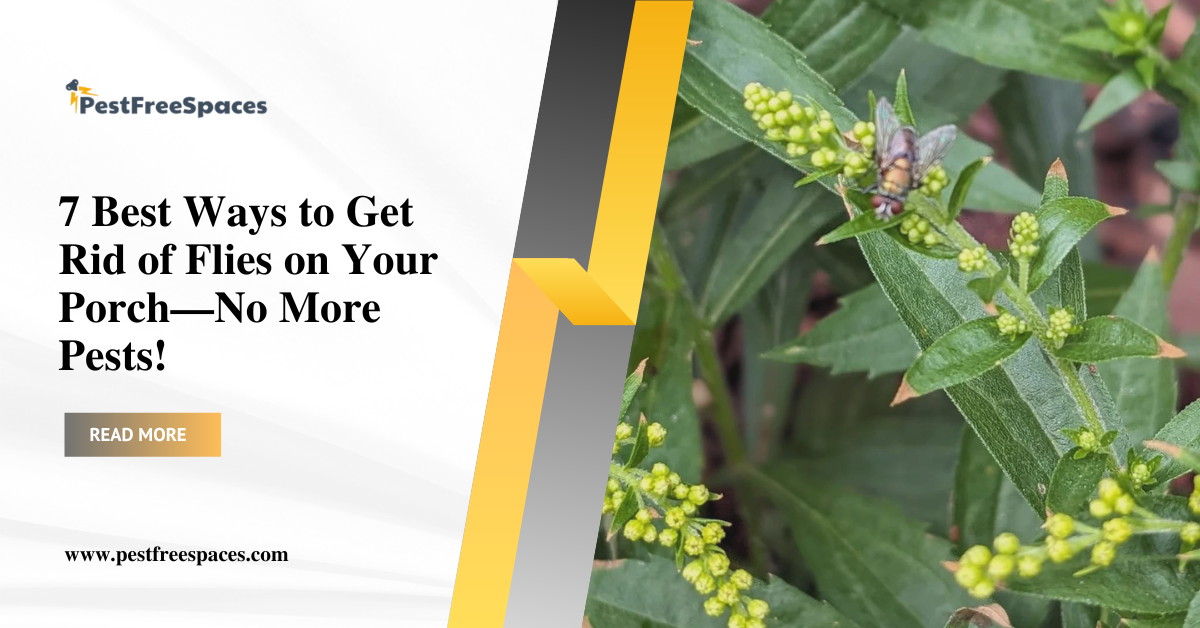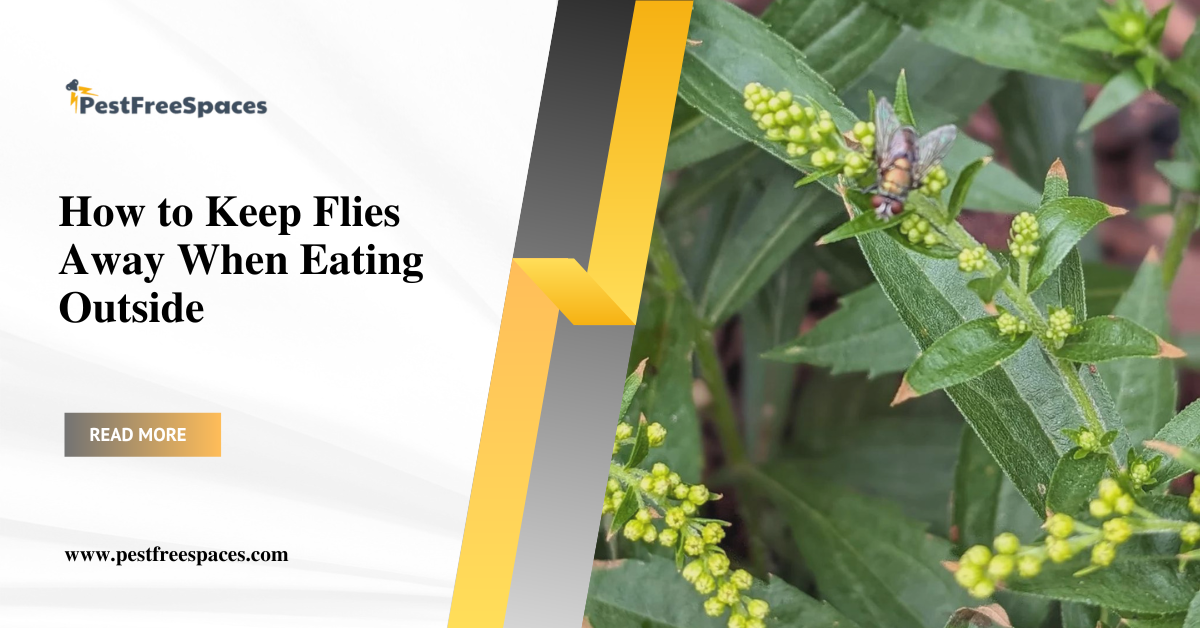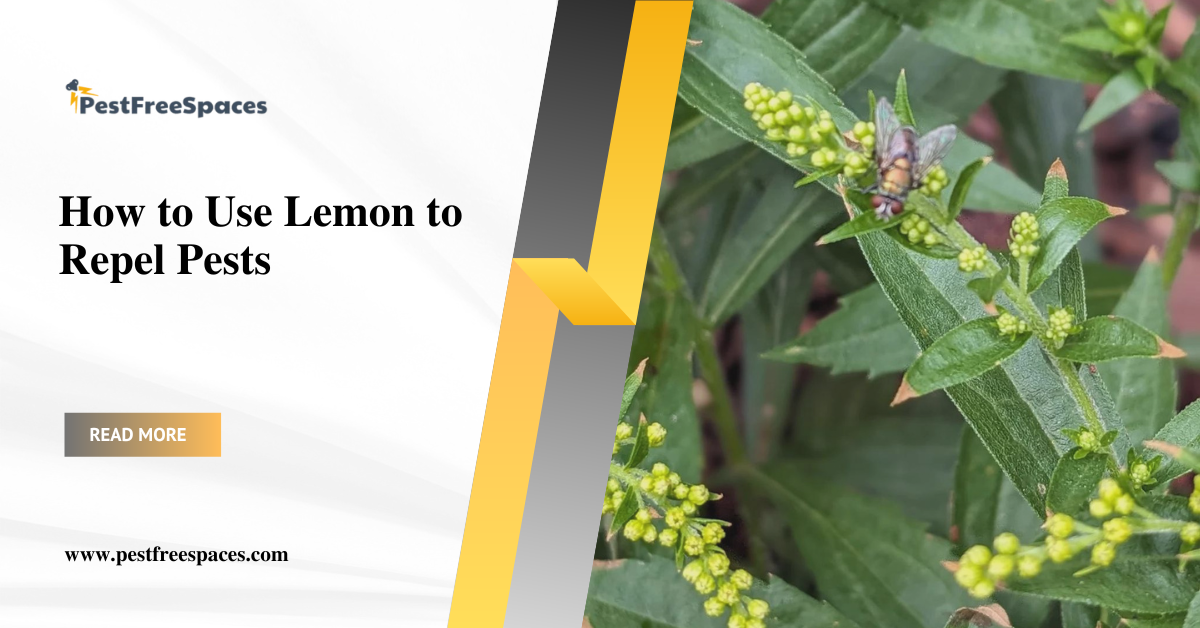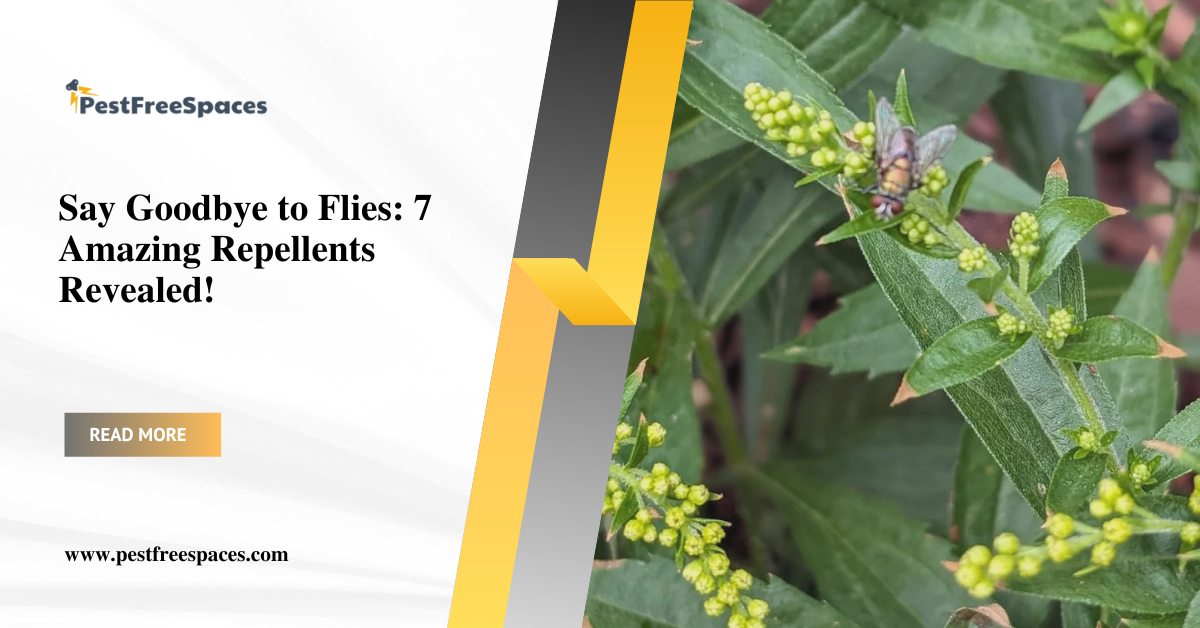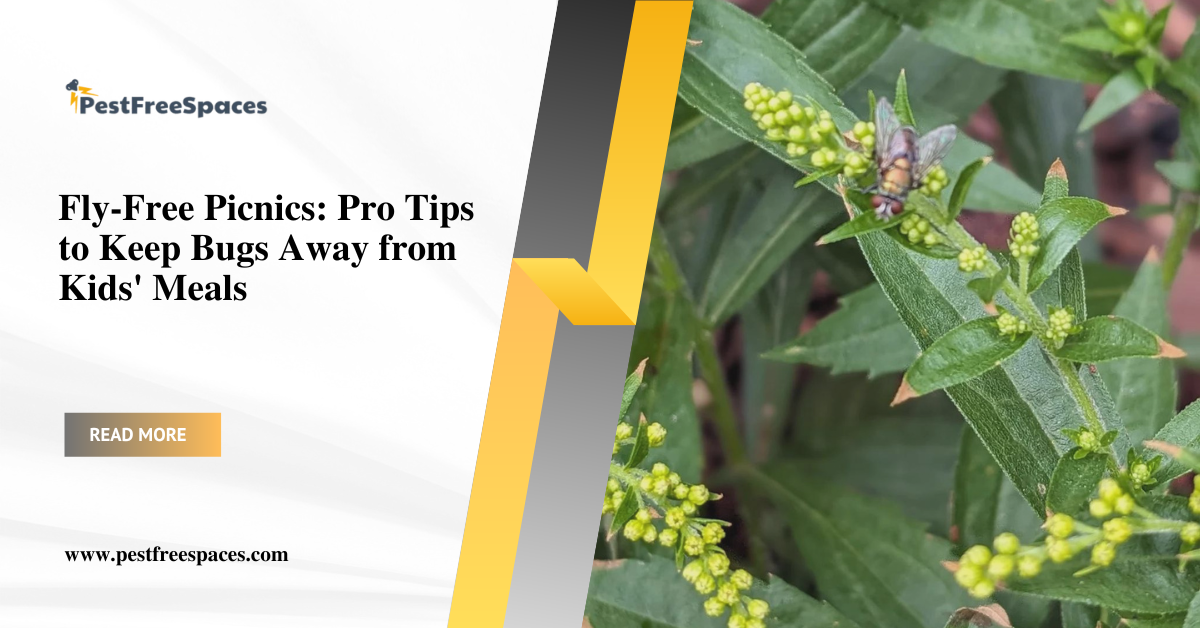10 Simple Household Items That Will Instantly Get Rid of Flies in Your Yard
Dealing with flies in your yard can be incredibly frustrating, especially when you’re trying to enjoy the outdoors. But before you head to the store to buy chemical sprays or expensive fly traps, take a look around your home. You might be surprised to find that you already have everything you need to combat these annoying pests. In this article, I’ll guide you through 10 simple household items that will help you get rid of flies in your yard quickly and effectively. These methods are not only budget-friendly but also eco-friendly, and most importantly, they work!
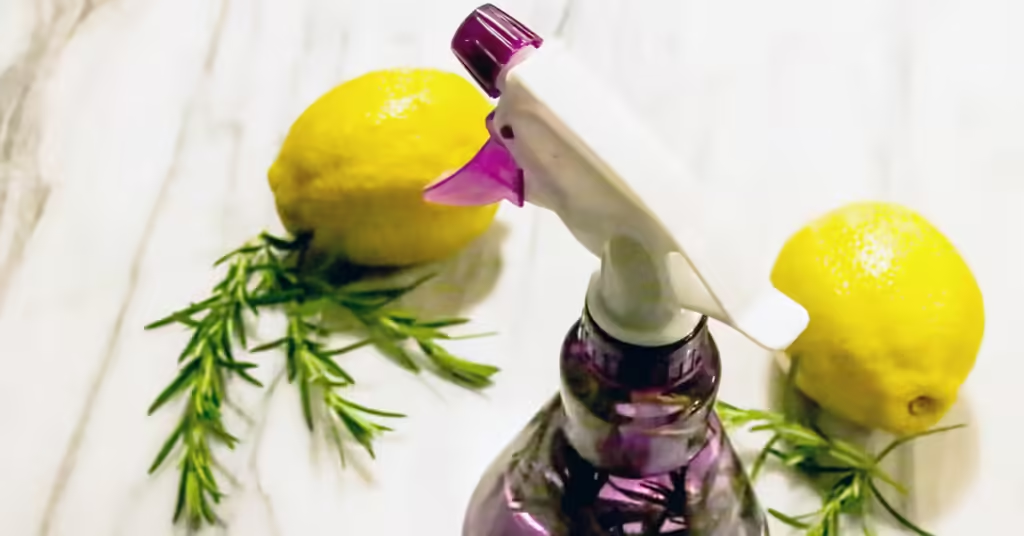
Why Household Items Are Effective for Fly Control
Why Use Household Items?
Many people underestimate the power of everyday household items when it comes to pest control, but they can be surprisingly effective. Not only are these items cost-effective, but they’re also usually non-toxic and environmentally friendly. When dealing with flies in your yard, you don’t want to introduce harmful chemicals into your space, especially if you have children or pets. Household items can help you manage pests without compromising your family’s health or the environment.
I’ve personally tried many of these solutions and found them just as effective—if not more—than store-bought fly repellents. Plus, it’s satisfying to know that you’re using simple, natural ingredients to solve a problem rather than relying on harsh chemicals.
How Flies Respond to Common Household Items
Flies are sensitive creatures. They are repelled by certain smells, textures, and environments, which makes household items particularly effective. Many flies are naturally attracted to sweet, pungent, or decaying materials, but they are equally repelled by strong scents and specific surfaces. For example, vinegar, herbs, and oils disrupt a fly’s ability to navigate and find food. These items confuse their senses, making your yard far less inviting for them.
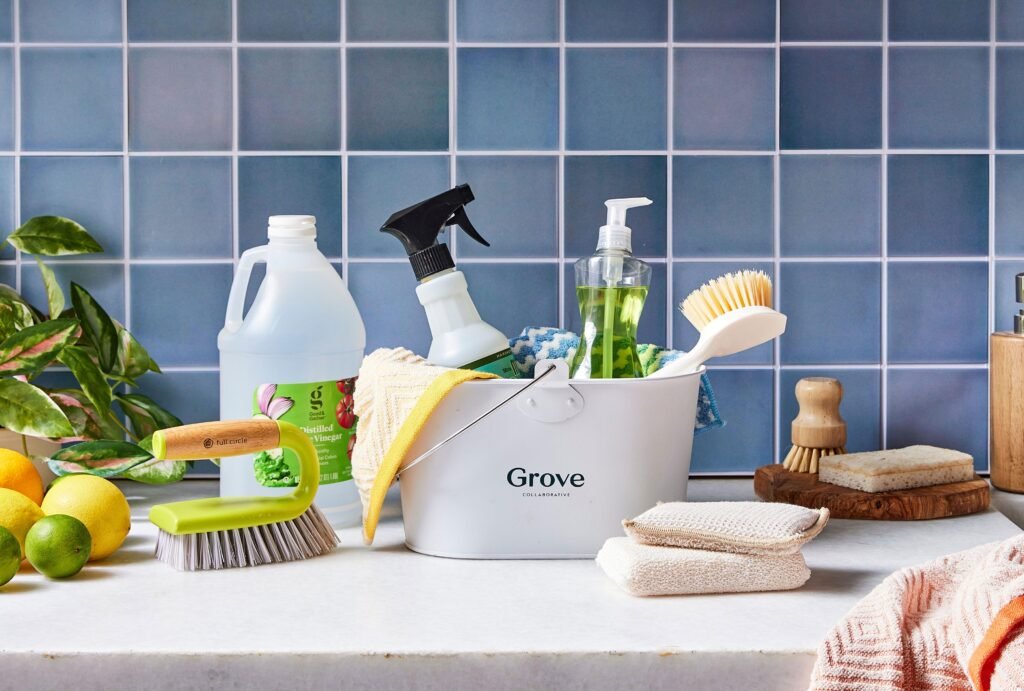
10 Simple Household Items to Get Rid of Flies in Your Yard
Vinegar Traps: A Simple Yet Powerful Fly Magnet
Apple cider vinegar is one of the most effective household items you can use to lure and trap flies. Flies are naturally attracted to the fermented smell of vinegar, making it the perfect bait for a DIY fly trap.
Here’s how to make it: Fill a jar with apple cider vinegar and cover it with plastic wrap. Poke a few small holes in the plastic. The flies will be drawn to the smell, enter the jar, and become trapped inside. You can place several of these jars around your yard to create a fly-free zone.
This method is an effective natural fly killer works particularly well in outdoor areas where flies are most active, like near trash bins, compost piles, or patios where food is served.
Dish Soap: A Sneaky Fly Killer
If vinegar alone isn’t doing the trick, add a little dish soap to the mix. Dish soap breaks the surface tension of liquids, causing flies to sink and drown once they land. It’s incredibly easy to set up. Simply mix water, dish soap, and some sugar or fruit juice in a shallow dish. The sugar attracts the flies, and the soap ensures they don’t fly away once they land.
This trick is especially handy during summer BBQs when flies seem to come out of nowhere. Many people have tried this at outdoor gatherings, and it works wonders without the need for harsh chemicals.
Essential Oils: Nature’s Fly Repellent
Essential oils like lavender, eucalyptus, and peppermint are powerful natural fly repellents. Not only do they smell great, but flies can’t stand their strong aromas. You can make a simple spray by diluting essential oils with water and spraying it around your yard, particularly in areas where flies tend to gather.
For a longer-lasting solution, soak cotton balls in essential oils and place them around your outdoor space. This is a perfect method if you prefer a natural, pleasant-smelling solution over chemical repellents. Many people enjoy using essential oils not only because they are effective but also because they add a refreshing scent to their gardens.
Lemon and Cloves: A Scent Flies Can’t Stand
This is one of the easiest and most pleasant methods for keeping flies away. Simply cut a lemon in half and stick a few cloves into the flesh. Place these around your yard, especially near food areas or tables. Flies detest the combination of citrus and cloves, making this a highly effective repellent.
Lemon and cloves are simple household remedies for those asking what scent deters flies. Additionally, pairing them with plants to keep flies away outside strengthens their effect.
Cinnamon: A Natural Fly Deterrent
Cinnamon is another household item that flies can’t stand. You can sprinkle ground cinnamon around your yard, particularly in areas where flies seem to gather, like near garbage cans or around the perimeter of your outdoor space.
Cinnamon works by releasing a strong scent that irritates a fly’s senses, making them less likely to stay in the area. It’s an easy, affordable option for maintaining a fly-free environment. Plus, it’s completely safe for pets and children, which is always a big plus in my book.
Plastic Bags of Water: A Clever Visual Trick
This method may seem unusual, but hanging plastic bags filled with water around your yard can actually help deter flies. The way the water refracts light confuses flies, making them stay away from the area. It’s a trick that’s been used for years in many outdoor spaces, from backyards to restaurants.
All you need to do is fill clear plastic bags with water, tie them securely, and hang them around the perimeter of your yard. The reflective surface disorients flies, keeping them away from your outdoor living space. Hanging water bags is a common trick for anyone searching for how to keep flies off the porch.
Basil Plants: The Fly-Repelling Herb
Flies hate the smell of basil, making it an excellent natural repellent. Planting basil in pots or directly in your garden can help keep flies at bay. You can also place pots of basil near areas where you tend to sit or eat outside.
Basil is one of the best plants to use as a natural fly repellent because it serves a dual purpose: it keeps flies away, and there is always fresh basil on hand for cooking. It’s a win-win solution!
Sugar and Honey: Creating a Sticky Trap
Flies are drawn to anything sweet, which makes sugar and honey excellent choices for creating a sticky fly trap. You can make one easily by spreading honey or sugar water on a piece of paper or plastic and placing it in fly-heavy areas. Once the flies land, they’ll get stuck in the sticky substance and won’t be able to fly away.
This method is incredibly effective and simple to implement, especially if you’re looking for a quick, non-toxic solution. These traps are particularly effective if you need to learn dining areas where food is served.”
Garlic Spray: The Power of Garlic
Flies can’t stand the smell of garlic, making it a natural repellent. To make a garlic spray, simply blend a few cloves of garlic with water, strain it, and pour the liquid into a spray bottle. Spray it around your yard, particularly in areas where flies are most active.
While the smell may not be pleasant to us, it’s a powerful deterrent for flies. This method works great for larger areas, and it’s a natural, eco-friendly solution that’s safe for plants, pets, and people.
Cucumber Slices: A Simple but Effective Trick
Placing cucumber slices around your yard, especially near food sources, can help keep flies away. The bitter properties of cucumbers are known to repel flies, making them less likely to land in areas where cucumber is present.
This is an especially useful trick for outdoor picnics or parties where food is present, and you want to avoid the annoyance of flies buzzing around. Plus, it’s easy and inexpensive—just grab a cucumber from the fridge, and you’re good to go!
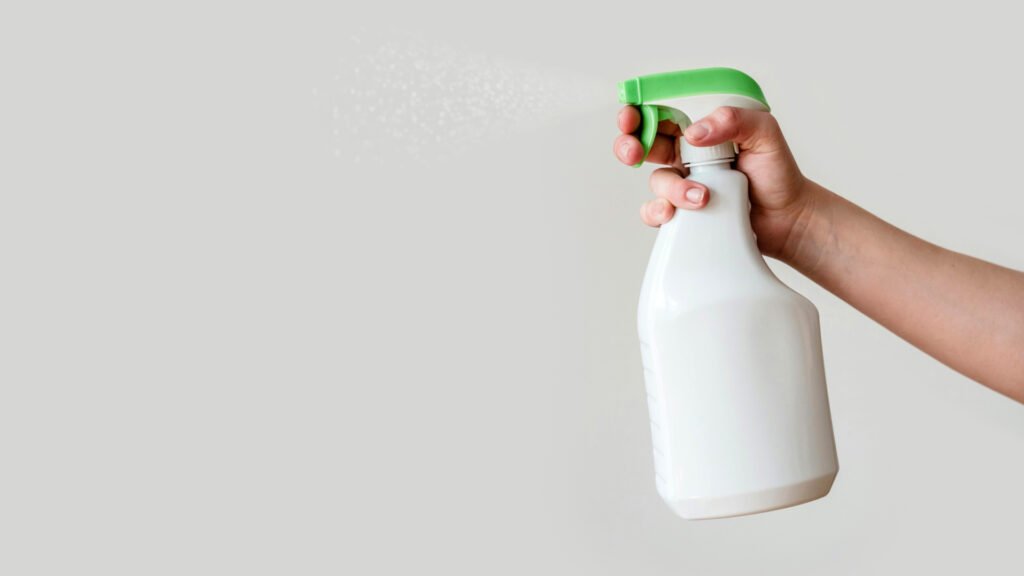
Best Practices for Using Household Fly Repellents in Your Yard
How to Place and Maintain Your Fly Repellents
While these household items are effective, their placement and maintenance are key to ensuring they continue to work. For example, vinegar traps should be refreshed regularly to maintain their potency. Likewise, essential oil sprays may need to be reapplied every few days, especially after rain or strong winds.
Place repellents in high-traffic fly zones—such as near trash cans, compost piles, or areas where food is served outdoors—for the best results.
Combining Methods for Stronger Results
If one method alone isn’t enough, don’t be afraid to combine multiple strategies. Using a mixture of essential oils, vinegar traps, and basil plants, for example, can create a multi-layered defense against flies. Different items target flies in different ways, so combining them can lead to more effective results.
They have found that using a combination of vinegar traps and essential oils works best in their yard, but others may need to experiment to discover what works best for their space.
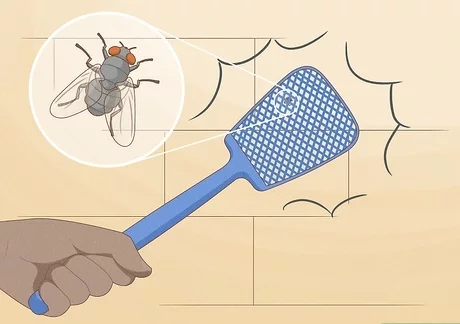
What to Do If These Methods Don’t Work
When to Consider Professional Help
While these household methods are highly effective for most people, some yards may have more persistent fly problems that require professional help. If you’ve tried multiple methods without success, or if you’re dealing with a larger infestation, it may be time to consult a pest control expert.
Flies can sometimes indicate other issues, such as decaying matter or clogged drains, that may need to be addressed by a professional.
Final Thoughts on Fly-Free Yards Using Simple Household Items
Why Consistency Is Key
The key to keeping flies away from your yard is consistency. Regularly using these household items, refreshing traps, and reapplying sprays will ensure that your yard remains fly-free throughout the warmer months. Don’t be discouraged if it takes a little trial and error to find the perfect combination of methods for your space.
By using these simple household items, you’ll not only save money, but you’ll also maintain an eco-friendly, non-toxic environment for your family and pets.
People Also Asked
What are the best natural fly repellents for outdoor use?
Essential oils like peppermint, basil plants, and lemon with cloves are great natural fly repellents. Flies are also deterred by garlic spray and cinnamon, making them ideal for outdoor areas.
How can I keep flies away from my patio while eating?
You can use household items like vinegar traps, dish soap, and cucumber slices to keep flies away from your patio. These simple solutions are safe and effective at repelling flies from food areas.
Do flies really hate mint?
Yes, flies hate mint! Using peppermint essential oil or planting mint around your yard can help keep flies away naturally.
What scent do flies avoid the most?
Flies tend to avoid strong scents like lemon, cloves, cinnamon, and basil. Using these items as natural deterrents will help keep them away from outdoor spaces.
How can I prevent flies from returning to my yard?
Consistently using household items like garlic spray, basil plants, and essential oils can create an environment flies dislike. Regularly clean up food scraps and keep your yard dry to prevent attracting flies.
